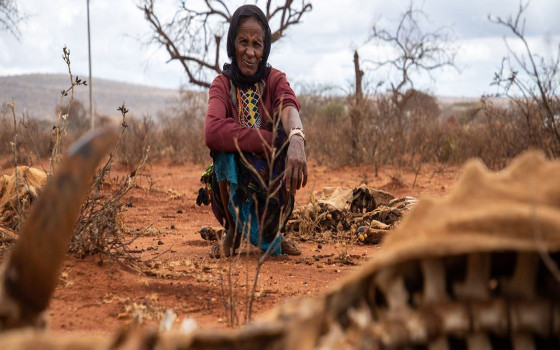
UN report: Increase in the number of court cases on climate change

- Europe and Arabs
- Saturday , 29 July 2023 14:23 PM GMT
New York: Europe and the Arabs
The United Nations Environment Program reports that the total number of court cases on climate change has doubled since 2017, and is increasing worldwide.
This came in the report issued by the UNDP in partnership with the Sabin Center for Climate Change Law at Columbia University, which confirms that climate litigation has become an integral part of securing climate action and justice.
According to a UN news release, of which we received a copy Saturday morning, the report, titled: "Global Climate Litigation Report: Case Review 2023," is based on reviews of cases focusing on climate change law, policy or science collected by databases. U.S. Climate Change Litigation and Sabin Center Global Data Through December 31, 2022.
The report was released on the eve of the first anniversary of the United Nations General Assembly's declaration on access to a clean and healthy environment as a universal human right.
“Climate policies are lagging far behind what is needed to keep global temperatures below the 1.5°C threshold, while extreme weather events and extreme heat are already warming our planet,” said UNEP Executive Director Inger Andersen.
Andersen added that people are increasingly turning to courts to combat the climate crisis, holding governments and the private sector to account and making litigation a key mechanism for ensuring climate action and promoting climate justice.
worldwide momentum
The report provides an overview of the most important climate litigation cases of the past two years, including unprecedented developments, and notes that as the number of climate-related disputes rises in frequency and scale, the body of legal precedents also increases, forming a more complete legal field.
The report indicated that the total number of cases related to climate change increased from 884 cases in 2017 to 2180 cases in 2022. Although the majority of cases were filed in the United States, climate litigation is gaining momentum around the world, as more cases have been filed. About 17 percent of cases are currently in developing countries, including small island developing states.
The lawsuit has been filed in 65 tribunals around the world, including international, regional and national courts, district courts, supreme courts, quasi-judicial bodies and other tribunals, including United Nations Special Procedures and arbitral tribunals.
"There is an alarmingly growing gap between the level of greenhouse gas reductions that the world needs to achieve in order to meet its temperature targets, and the actions that governments actually take to reduce emissions," said Michael Gerrard, director of the Sabine Center for Climate Change Law at Columbia University. From people to litigation through the courts. This report will be an invaluable resource for anyone who wants to achieve the best possible outcome in judicial fora, and to understand what is and is not possible in those fora."
Vulnerable voices
The report shows how the voices of vulnerable groups are being heard around the world, with 34 cases raised by and on behalf of girls, boys and youth under the age of 25.
The report also notes that growing awareness of the effects of climate change in recent years has led to action against companies, including cases that seek to hold both fossil fuel companies and private companies liable for climate damage and other greenhouse gas emitters.
According to the report, most ongoing climate-related conflicts fall into one or more of the following six categories:
Conflicts based on human rights enshrined in international law and national constitutions.
Challenges related to the lack of enforcement of climate laws and policies at the national level.
Claimants who seek to keep fossil fuels underground.
Call for more disclosure of climate-related information and an end to greenwashing.
Demand that companies be held accountable for climate damage.
and claims that address failures to adapt to the effects of climate change.
According to the report's projections, the number of cases related to climate migration, cases brought by indigenous peoples, local communities and other groups disproportionately affected by climate change, and cases related to liability after the occurrence of extreme weather events will increase in the future.


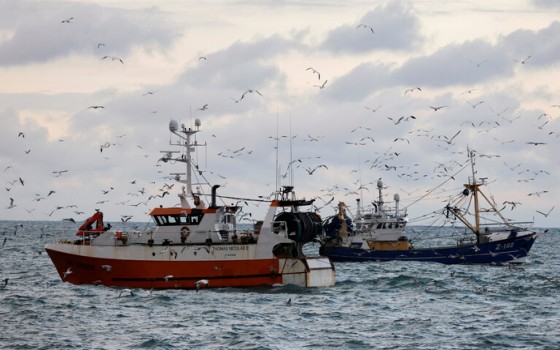

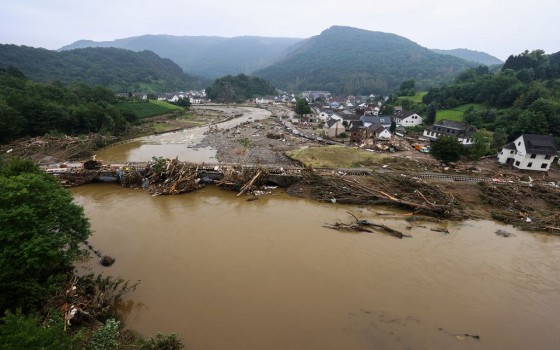
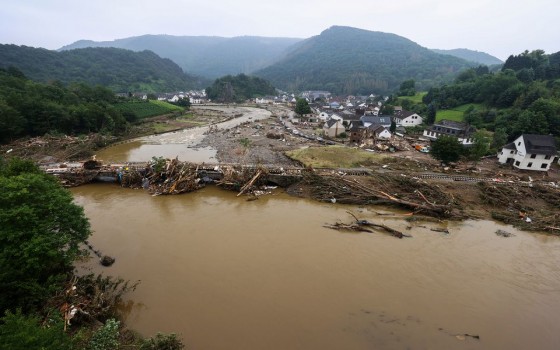


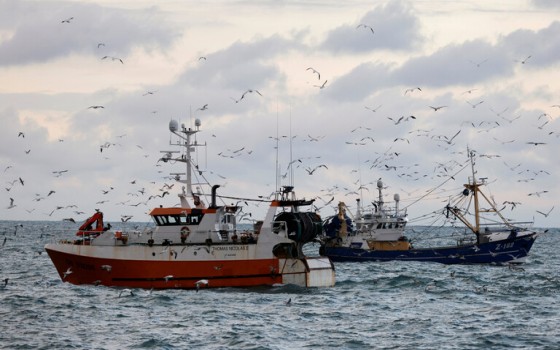



No Comments Found